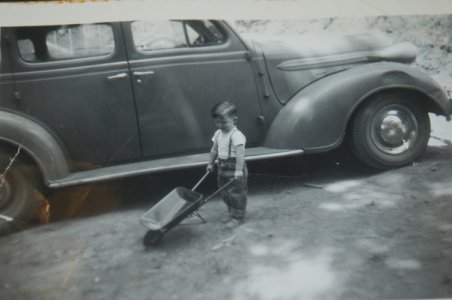Knight
Well-known Member
I recognize these. No so much hyper now as in #5. Planning for a successful retirement included awareness of cost and the value of items was real.
1. Resourcefulness and Frugality
One of the less apparent signs of growing up poor is a deeply ingrained sense of resourcefulness and frugality. Individuals who grew up in financially constrained households often develop an ability to make do with less.
They’re skilled at repurposing items, fixing broken things instead of buying new ones, and finding creative solutions to problems that others might solve with money. This frugality extends into adulthood, manifesting as a reluctance to waste anything and a preference for DIY solutions.
5. Hyper-Awareness of Cost and Value
People who grew up with financial constraints often develop a hyper-awareness of cost and the value of items. They are likely to know the price of everyday items and services and might be adept at calculating costs and savings in their heads. This awareness goes beyond simple budgeting, reflecting a deep-seated need to ensure that every penny is well spent.
MSN
1. Resourcefulness and Frugality
One of the less apparent signs of growing up poor is a deeply ingrained sense of resourcefulness and frugality. Individuals who grew up in financially constrained households often develop an ability to make do with less.
They’re skilled at repurposing items, fixing broken things instead of buying new ones, and finding creative solutions to problems that others might solve with money. This frugality extends into adulthood, manifesting as a reluctance to waste anything and a preference for DIY solutions.
5. Hyper-Awareness of Cost and Value
People who grew up with financial constraints often develop a hyper-awareness of cost and the value of items. They are likely to know the price of everyday items and services and might be adept at calculating costs and savings in their heads. This awareness goes beyond simple budgeting, reflecting a deep-seated need to ensure that every penny is well spent.
MSN



